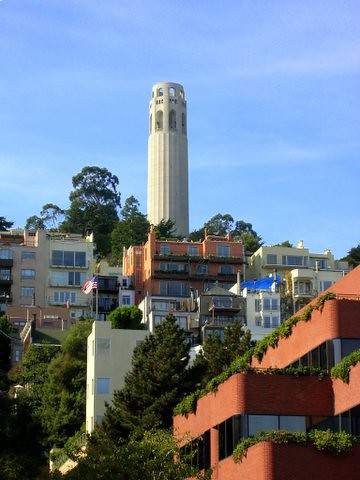Tuesday, June 05, 2007
Olbers' Paradox: Why is the Sky Dark at Night?
Why is the Sky Dark at Night?
In 1826, the astronomer Heinrich Olbers asked, "Why is the sky dark at night?" By his time, physicists had learned enough to realize that, in a stable, infinite universe with an even distribution of stars, the entire universe should gradually heat up. Think about it — if there are stars generating energy throughout the universe (energy sources), and if there is no way ultimately to dispose of that energy (energy sinks), then all the objects in the universe must rise in temperature, in time achieving the temperature of the stars themselves.
Scientists and physicists had to learn quite a lot about the behavior of energy before they were even prepared to ask Olbers' question. In fact, for millennia the dark night sky provided an answer to a question no one thought to ask.
In these pages you will learn the simple physics behind Olbers' question, some of the answers that have been proposed, and the currently accepted answer. You will also discover the connection between a rubber band, your refrigerator, and the universe.
(Found while looking for information on Olbers' Paradox, natch.)
In 1826, the astronomer Heinrich Olbers asked, "Why is the sky dark at night?" By his time, physicists had learned enough to realize that, in a stable, infinite universe with an even distribution of stars, the entire universe should gradually heat up. Think about it — if there are stars generating energy throughout the universe (energy sources), and if there is no way ultimately to dispose of that energy (energy sinks), then all the objects in the universe must rise in temperature, in time achieving the temperature of the stars themselves.
Scientists and physicists had to learn quite a lot about the behavior of energy before they were even prepared to ask Olbers' question. In fact, for millennia the dark night sky provided an answer to a question no one thought to ask.
In these pages you will learn the simple physics behind Olbers' question, some of the answers that have been proposed, and the currently accepted answer. You will also discover the connection between a rubber band, your refrigerator, and the universe.
(Found while looking for information on Olbers' Paradox, natch.)
Labels: science
: views from the Hill
Bertold Brecht:
Everything changes. You can make
A fresh start with your final breath.
But what has happened has happened. And the water
You once poured into the wine cannot be
Drained off again.
Everything changes. You can make
A fresh start with your final breath.
But what has happened has happened. And the water
You once poured into the wine cannot be
Drained off again.


